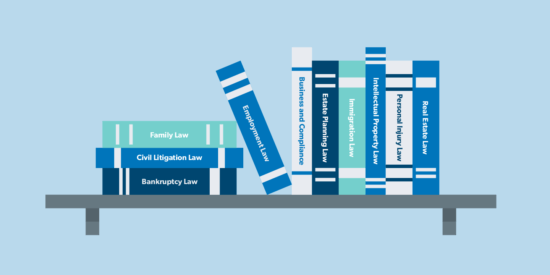Strategic Triumphs: Tips for Effective Litigation Planning


Crafting a Winning Litigation Strategy
Litigation is a complex legal process that demands careful planning and strategic thinking. Developing a robust litigation strategy is essential for achieving favorable outcomes in legal disputes. Here, we delve into key tips for effective litigation planning that can make a significant difference in the courtroom.
Thorough Case Analysis and Evaluation
The foundation of any successful litigation strategy is a thorough analysis and evaluation of the case. Understanding the legal merits, potential challenges, and the strength of evidence is crucial. This initial assessment lays the groundwork for formulating a strategy aligned with the specific details of the case.
Clearly Defined Objectives and Goals
A well-defined litigation strategy starts with clear objectives and goals. What does success look like in this particular case? Clearly outlining the desired outcomes provides a roadmap for the legal team, ensuring that every action and decision contributes to achieving those specific goals.
Effective Communication with Clients
Maintaining open and effective communication with clients is a vital aspect of litigation strategy. Keeping clients informed about case developments, potential risks, and the overall strategy fosters trust. Clients who understand the legal process and strategy are better equipped to make informed decisions.
Strategic Pleading and Motion Practice
The early stages of litigation often involve pleadings and motions. Crafting strategic pleadings and motions can set the tone for the entire case. Careful consideration of legal arguments, supported by relevant case law, contributes to shaping the court’s perception and can lead to favorable pre-trial rulings.
Discovery Planning and Execution
The discovery phase is a critical juncture in litigation. Effective discovery planning involves identifying key documents, witnesses, and information essential to the case. Skillful execution ensures that the legal team gathers the necessary evidence to support their arguments while navigating the complexities of discovery rules.
Consideration of Alternative Dispute Resolution (ADR)
While preparing for trial is essential, considering alternative dispute resolution (ADR) methods is a strategic move. Mediation or arbitration may offer a faster and more cost-effective resolution. Assessing the suitability of ADR in the early stages of litigation demonstrates a willingness to explore all avenues for resolution.
Witness Preparation and Testimony Strategy
The effectiveness of witness testimony can significantly impact the outcome of a trial. Thorough witness preparation is a key element of litigation strategy. Developing a strategy for presenting witness testimony, including direct and cross-examination, contributes to creating a compelling narrative for the court.
Adaptability and Flexibility
Litigation is inherently unpredictable, and adaptability is a valuable trait in legal strategy. Being flexible allows the legal team to adjust to unexpected developments, changing circumstances, or new evidence. An adaptable strategy ensures that the legal team can navigate unforeseen challenges effectively.
Cost-Benefit Analysis and Budgeting
Litigation can be costly, both in terms of time and financial resources. Conducting a continuous cost-benefit analysis helps the legal team and clients make informed decisions about the allocation of resources. Budgeting and managing costs throughout the litigation process contribute to strategic efficiency.
Post-Trial Evaluation and Review
The conclusion of a trial does not mark the end of strategic considerations. Post-trial evaluation and review are crucial to learning from the experience. Assessing what worked well and areas for improvement informs future litigation strategies, contributing to the ongoing development of effective approaches.
Empowering Litigation Strategy with Insights
In conclusion, effective litigation strategy is a dynamic and multifaceted process. Incorporating these tips into the planning and execution of litigation can enhance the chances of success in the courtroom. Explore further insights and resources on Litigation Strategy Tips at greatblogabout.org to empower your approach to legal disputes.







